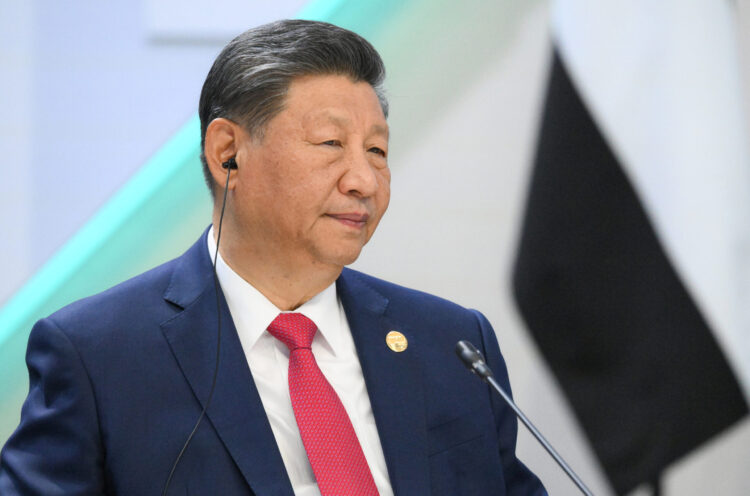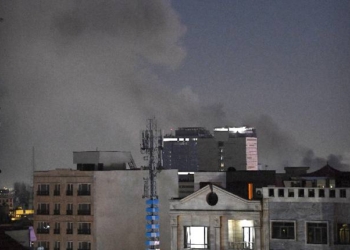Beijing: Chinese President Xi Jinping’s recent visit to Tibet confirms that Beijing is striving to cultivate advantages there that give it the upper hand in the balance of power and border negotiations with India, a report said.
China’s Premier Li Qiang’s announcement on July 21 that the Medong county dam will begin construction and now, Xi’s veiled instructure to accelerate its development, makes it almost clear that the dam will be a flashpoint in India-China security dynamics, Rahul Karan Reddy, a senior research associate at the Organisation for Research on China and Asia (ORCA) wrote in an opinion piece.
The report stated: “Perhaps China is cultivating a bargaining chip for negotiations with India, but with the sanction of the top leadership, riparian relations between India and China are now certain to become further securitised. Moreover, China’s position that the Medong county dam and development policies of Tibet are an internal matter is likely to harden as India raises objections to such projects. Tibet’s development trajectory and infrastructure projects are becoming increasingly relevant to India’s border security and entangled with security competition with China.”
Another aspect regarding the visit is the issue of the Dalai Lama’s succession. Xi’s visit to the Tibet Autonomous Region (TAR) and reiteration of security and stability clearly indicate that China is not ready to allow the Dalai Lama’s succession issue to affect its control in Tibet.
The ORCA report stated: “A high-profile visit to TAR just a month after the Dalai Lama’s announcement of a successor outside China and outside China’s influence, signals a hardening stance by Beijing; that China will persist with its integration strategy in Tibet and legitimise Party-appointed Tibetan institutions. Perhaps Xi’s visit is preparing the ground for China’s countermeasures in TAR, for when the Dalai Lama’s succession process is initiated. For India, this means China is also preparing for a decision by New Delhi to support or legitimise the Dalai Lama’s succession.”
The ties between India and China have moved closer towards normalisation since October last year, and Chinese Foreign Minister Wang Yi’s visit to New Delhi showcased that the two nations have been engaging in dialogue and negotiations to address the boundary question. However, developments in Tibet are likely to have a significant influence on the security outlook of India and China.
The report said: “Xi’s visit to TAR was a sharp reminder that developments in Tibet are closely tied to border security concerns for India; the Medong county dam is raising significant concerns about a ‘water bomb’ in some Indian states, and its construction could greatly accentuate security dilemmas in sensitive border regions. For China, the Dalai Lama’s recent remarks on the succession issue have possibly resulted in Beijing’s hardening stance and reiteration of control in Tibet. It also explains any Party moves towards preparing the ground for succession outcomes. Both the domestic governance priorities of the Party and China’s external signalling are indicating an increase in the complexity of security dynamics between India and China.”
(IANS)
















